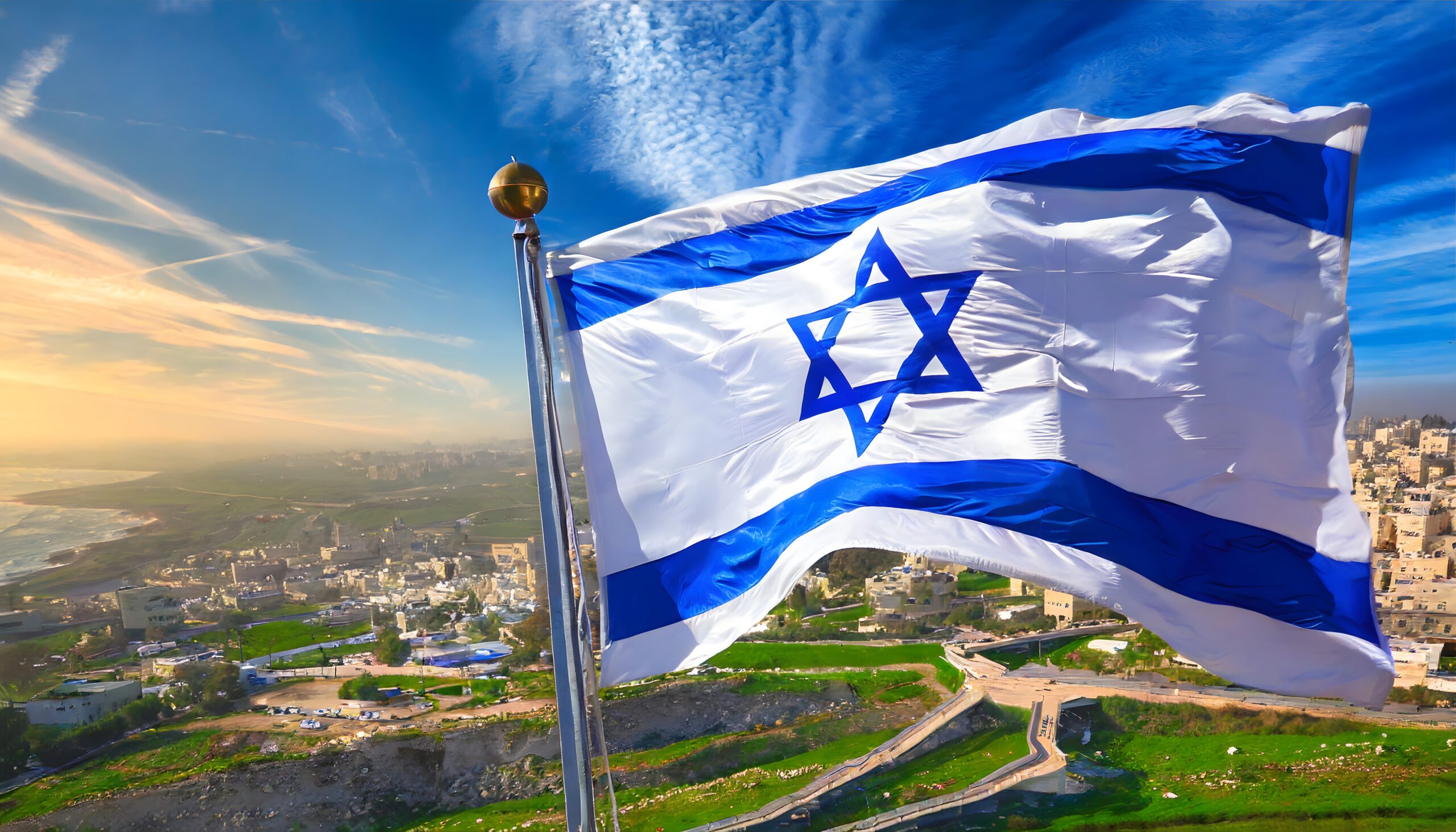
One of the most unique and awe-inspiring things about Israel is its ancient Biblical history, combined with modern Jewish life that continues to this day in the very place our ancestors came from.
Particularly as Israel faces threats to its existence and international criticism from those who deny the Jews’ right to live in the region, it’s important for us to acknowledge and celebrate our undeniable connection to the Land of Israel through our well-documented ancient history!
Whether you’re planning a trip soon or want to explore from afar, check out these 5 sites from the Bible that have grown into modern, bustling, rich cities today that many Israelis are proud to call home.
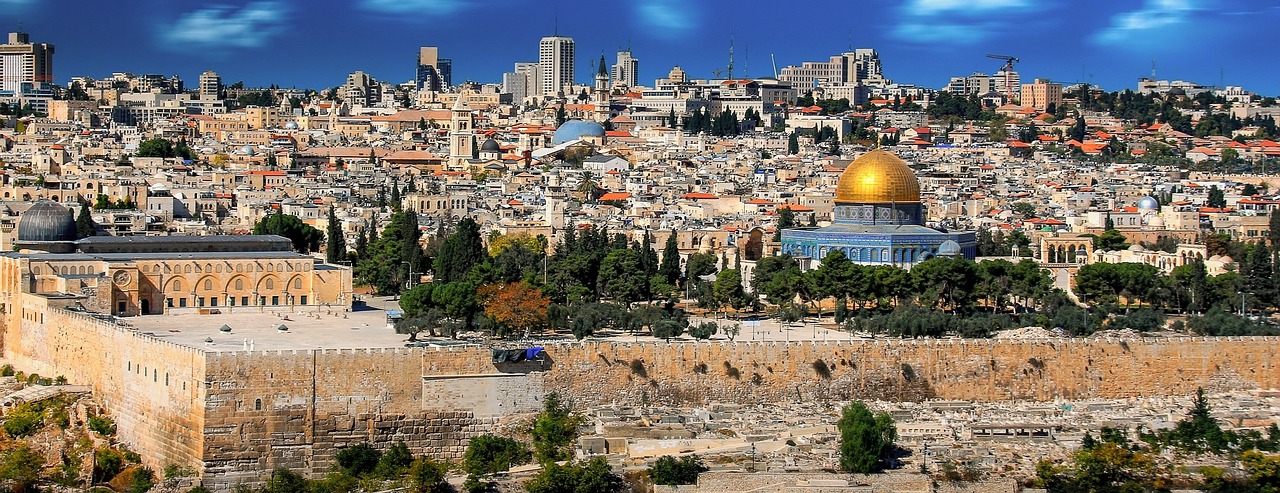
Ancient and modern architecture in Jerusalem, Israel
We're naturally starting off our list with the most famous Biblical city, Jerusalem - the ancient center of Jewish culture and religion, and today the capital of and largest city in modern Israel.
The city is mentioned many times in the Bible, especially in the Prophets and Writings. It was the capital of the United Kingdom of Israel and later the Kingdom of Judah, and the site of the Holy Temple. Many archeological finds in Jerusalem have even confirmed Biblical descriptions of the First Temple and the events surrounding it!
Jerusalem had remained a Jewish city and the focal point of Jewish life through the Second Temple period until the Roman siege of 70 CE. Since then, it had changed hands many times under numerous empires and conquerors, with a gradually-rebuilding and ever-resilient Jewish population.
Part of the city became part of the Jewish state upon Israeli independence in 1948, with the rest joining Israeli territory following the Six-Day War of 1967 - bringing Jewish sovereignty to our holiest city for the first time since antiquity!
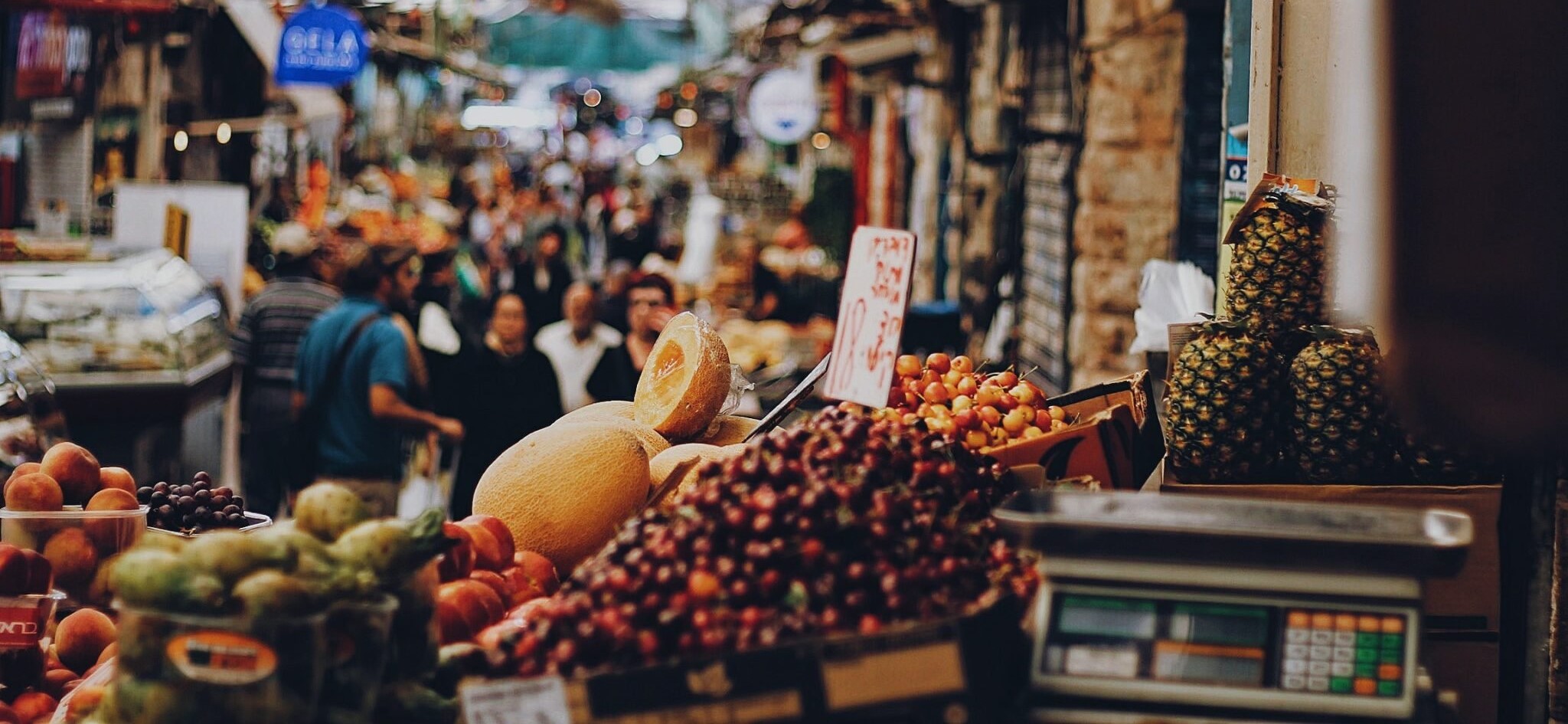
The popular and lively Mahane Yehuda market in Jerusalem
Today, Jerusalem is an ever-growing and expanding city that incorporates its ancient history and religious significance into its modern, everyday life. Jews from all over the world come to visit and live in Jerusalem, and the city boasts a rich diversity of religious and cultural expression.
Famous modern landmarks in Jerusalem include the lively Mahane Yehuda market colloquially known as "the Shuk," the Knesset (Parliament) building with its iconic Menorah, and the Israel Museum with its incredible treasures ranging from ancient Jewish history to modern Israeli art.
From parks and museums to sports, malls, trendy restaurant and art scenes, the seat of national government, unbeatable historical sites, and a wide range of religious, cultural, educational, and employment options, Jerusalem is an incredible city that exemplifies the Israeli spirit and the longevity of the Jewish people!
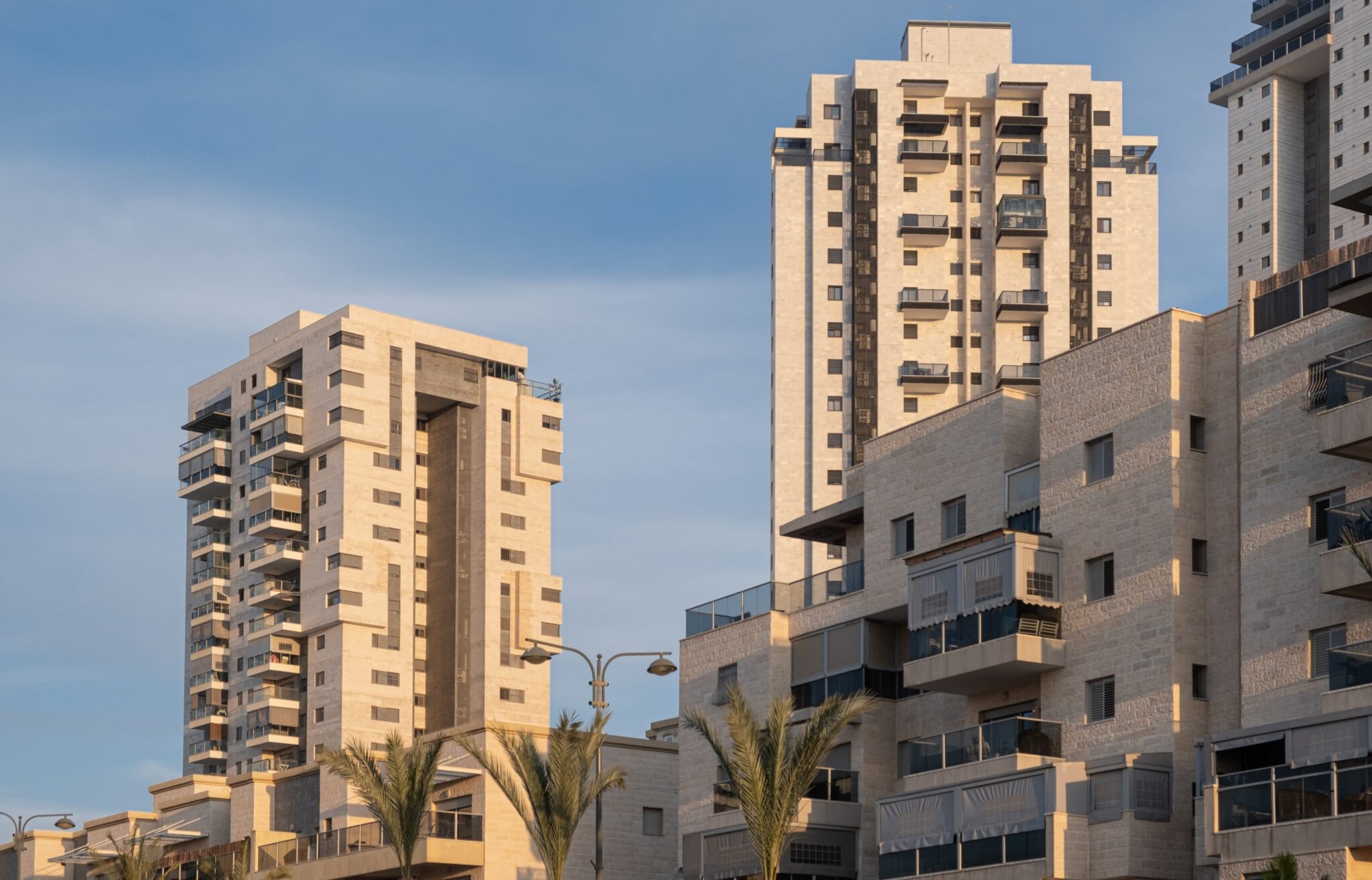
Modern buildings in the city of Be'er Sheva, Israel
The modern city of Be'er Sheva, sometimes anglicized as Beersheba or Beer-sheba, lies just outside the Biblical site of the same name, deep in Israel's Negev desert. Its name can be translated as "Well of the Oath" or "Well of the Seven."
The location is mentioned 33 times in the Hebrew Bible, as both a geographical reference point and a site of some key narratives from the Book of Genesis. For instance, Be'er Sheva is said to be where Abraham dwelt and where he entered into a covenant with Abimelech; it's also where G-d spoke to Isaac and Jacob. In later years, an Israelite town was built on the site, and is mentioned in several books of prophets including Samuel and Joshua.
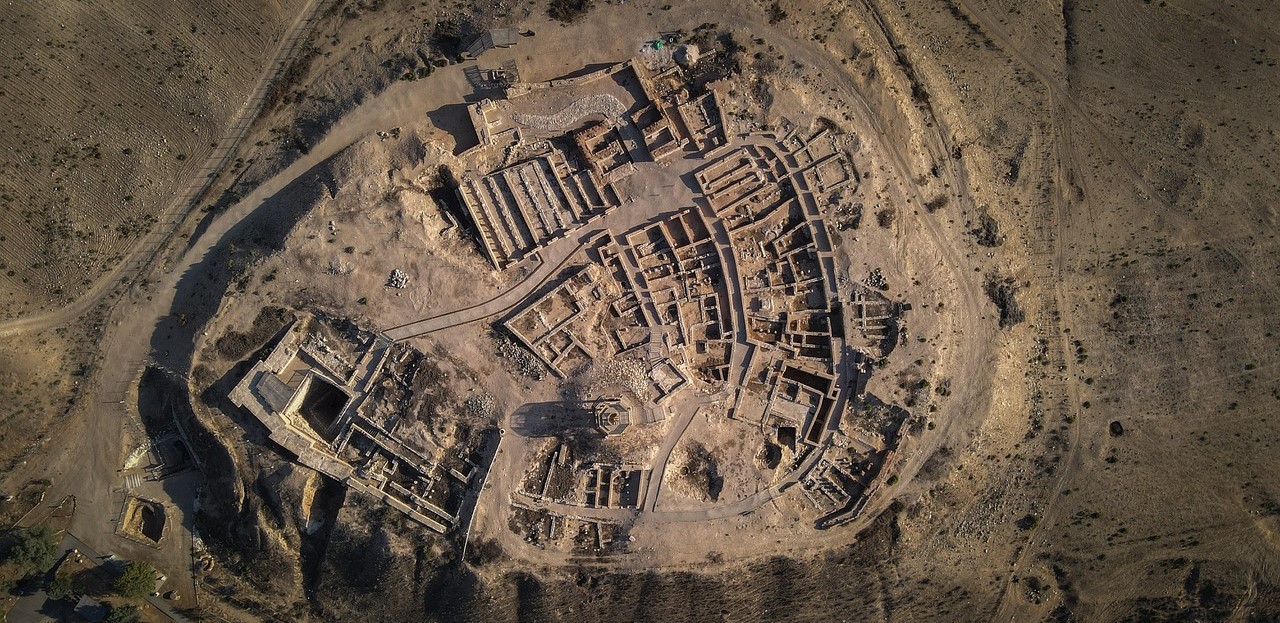
Archeological excavation of the Biblical town of Be'er Sheva, only about 2.5 miles from the modern city of Be'er Sheva
Today, remains from the ancient Biblical site are part of an archeological excavation known as Tel Be'er Sheva. It includes fascinating artifacts and structures, and even a horned altar just as described in the Bible!
Meanwhile, the present-day city of Be'er Sheva started to develop under Ottoman rule, and expanded greatly following Israeli independence, becoming the largest and main city of the Negev region. The city has absorbed large numbers of Jewish immigrants and refugees over the decades, mainly from Arab countries, India, Ethiopia, and the Soviet Union.
Be'er Sheva is today a vibrant and growing city home to over 200,000 residents as well as the Ben-Gurion University of the Negev and many prominent cultural institutions. It even holds records for the most chess grandmasters per capita and the largest number of roundabouts in the world! The city is also one of Israel's most important science and technology hubs, providing thousands of jobs and research opportunities in fields like high-tech, aerospace engineering, and medicine.
The desert city is a key component of the modern Israeli state, while also being a living continuation of our ancient history in the Holy Land!

Today's modern skyline and marina in the city of Ashdod, Israel
Ashdod is Israel's sixth-largest city, located along the Mediterranean coast south of Tel Aviv. The modern city was established in 1956, close to an ancient settlement by the same name that's mentioned several times in the Bible.
While ancient Ashdod was originally a Philistine town, it was later captured by King Uzziah and became part of the Kingdom of Judah until its fall to the Assyrian Empire. So when the need arose to build a new city to house Israel's expanding population in the 1950s, it was a fitting and symbolic move to re-establish Ashdod under the new Jewish state!
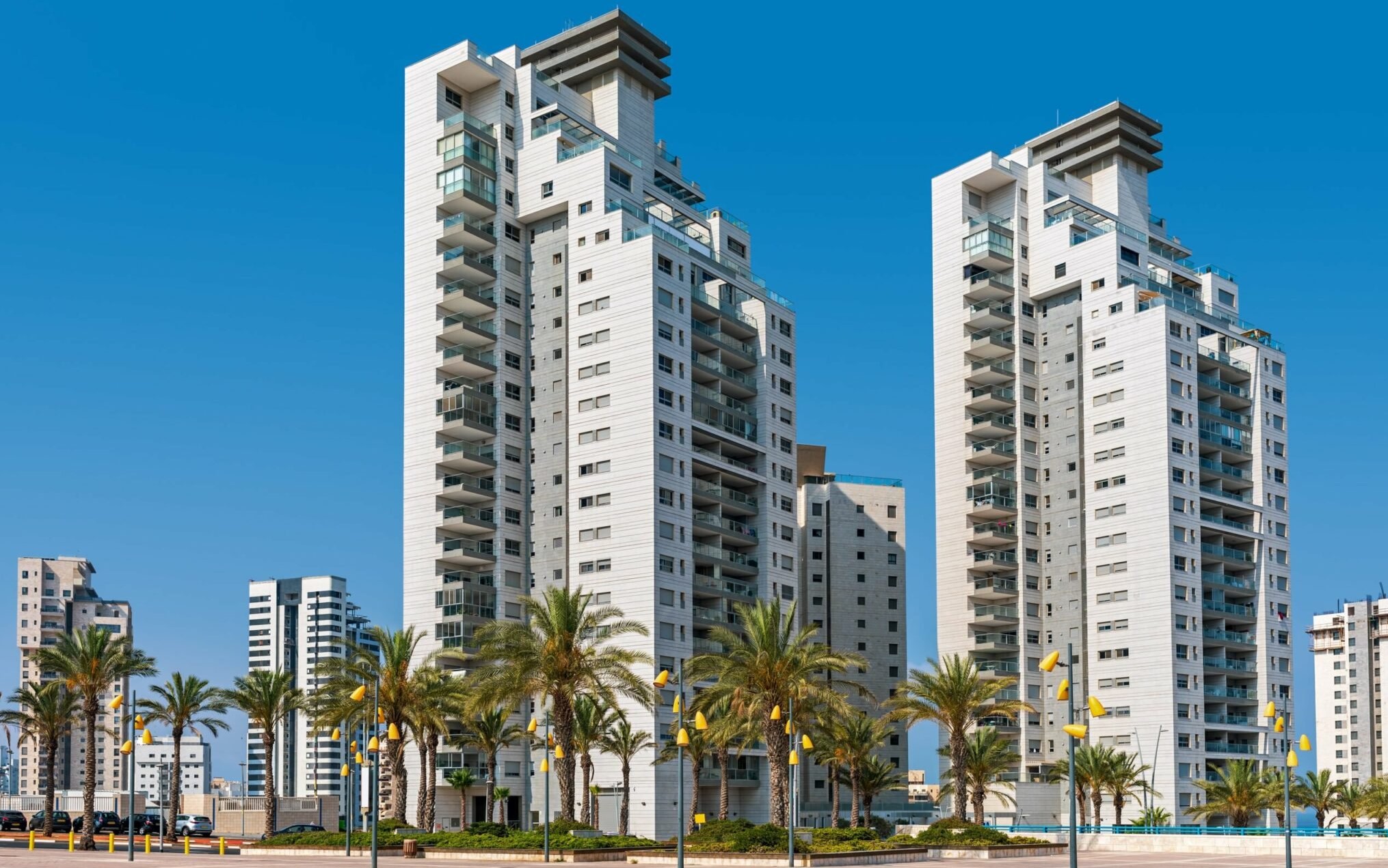
High-rise buildings in Ashdod today
Modern Ashdod was initially settled by Jewish immigrants from Morrocco and Egypt, creating a distinctly Mizrahi culture in the city. It later absorbed and integrated newcomers from places as far-flung and diverse as Romania, India, Argentina, Russia, and South Africa.
The vibrant coastal city today is home to Israel's largest port, which receives 60% of the country's imported goods. It also boasts a sand dune nature reserve and beautiful beaches; a major hospital with specially fortified walls against rocket attacks; its own orchestra, arts center, and an art museum; and one of the nation's most important industrial centers.
Ashdod continues to grow, expand, and innovate, in ways our Judean ancestors couldn't have imagined!
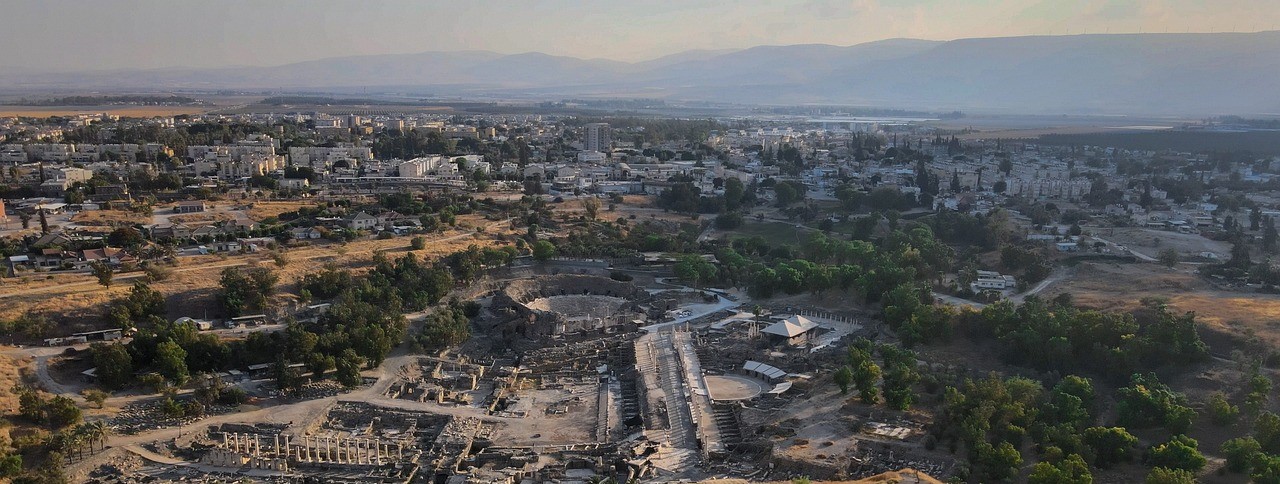
Ancient ruins and modern buildings in the city of Beit She'an, Israel
Beit She'an is a small city in northern Israel with a big history - it's one of the oldest settlements in the region, believed to have been continuously inhabited for at least 5,000 years! According to the Hebrew Bible it was where the body of King Saul was hung, and it became part of the Israelite kingdom under King Solomon.
The site had been under various rulers and empires throughout history, and home to many different peoples. It came once again under Jewish control following Israel's independence in 1948, and subsequently absorbed many Jewish refugees and immigrants.
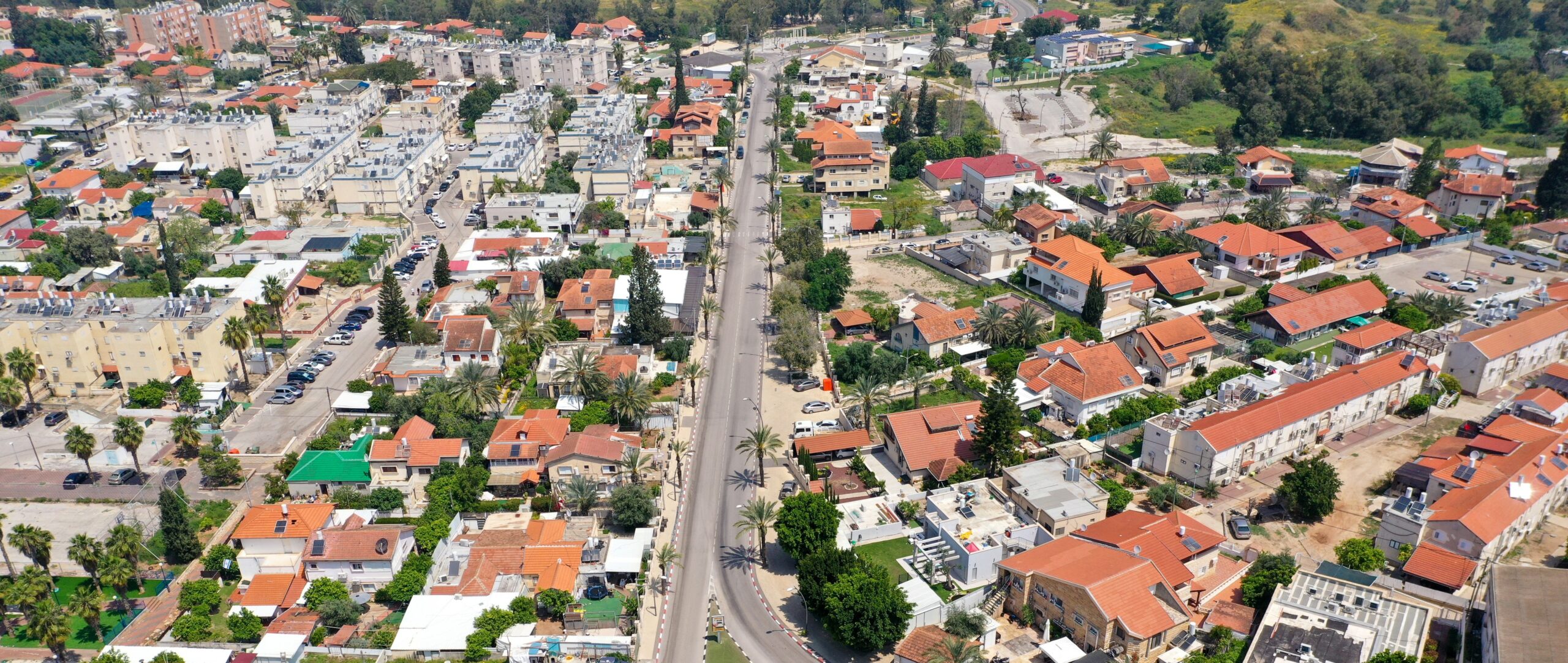
Modern neighborhoods in Beit She'an
Some of Beit She'an's ancient structures still stand today, preserved in a national park close to its modern neighborhoods. The city's long and rich history makes it a site of numerous archeological excavations as well as a popular tourism spot. Its idyllic location among the hills and valleys of northern Israel, meanwhile, attracts both visitors and new residents and provides employment in the nearby cotton industry.
Beit She'an's continuing growth and success, together with its Biblical past, is a wonderful example of what makes the Land of Israel so special!
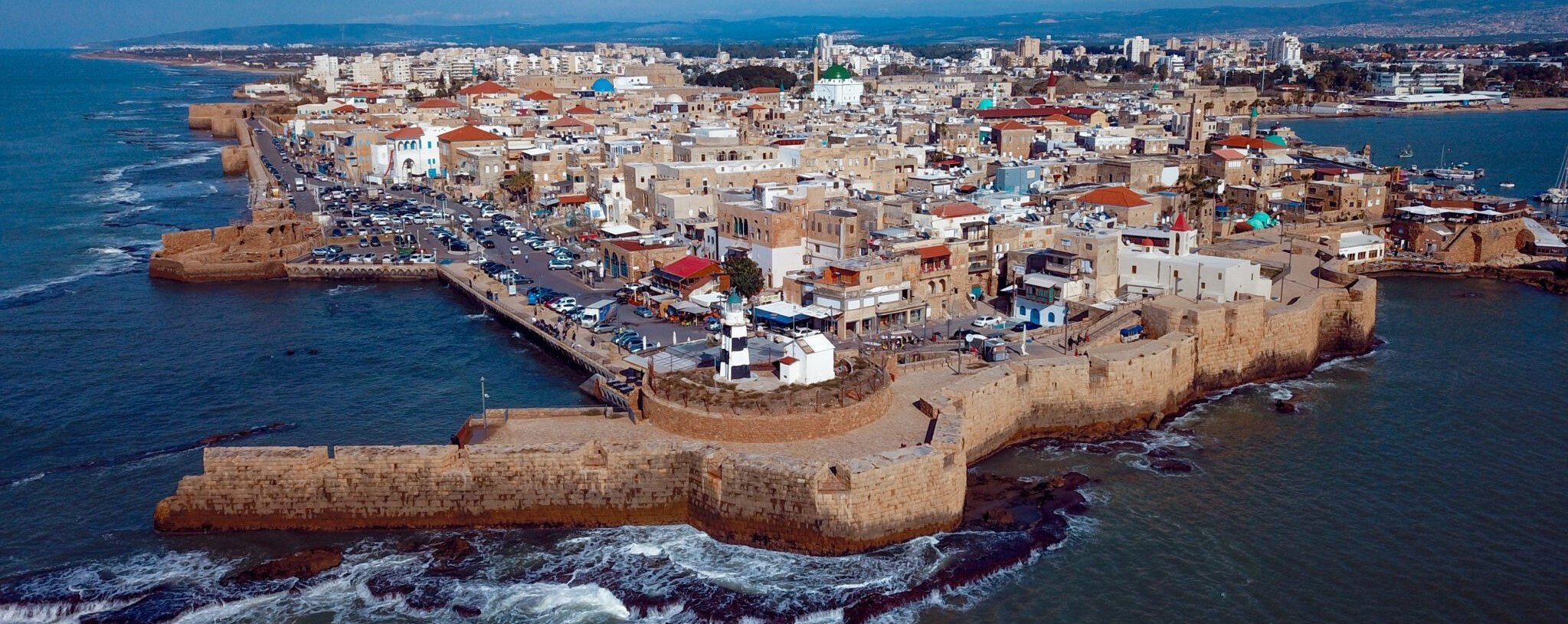
The port of Akko, Israel, today
Akko, also sometimes called Acre, is another coastal port city along the Mediterranean Sea - but in the north of Israel, at the northern end of the Haifa Bay. It's a relatively small city that has nonetheless survived since around 3000 BC, and is today a UNESCO World Heritage Site.
It also appears in the Hebrew Bible, and is said to have been part of the territory of the tribe of Asher.
From the Roman and Byzantine empires to the Islamic conquest, the Crusades, and wars between the Ottoman, British, and French empires, Akko has changed hands many times throughout its history, leading to a unique historical architecture and diverse population. Today it's a mixed Israeli city home to Jews, Muslims, Christians, and members of the Druze and Baha'i faiths.
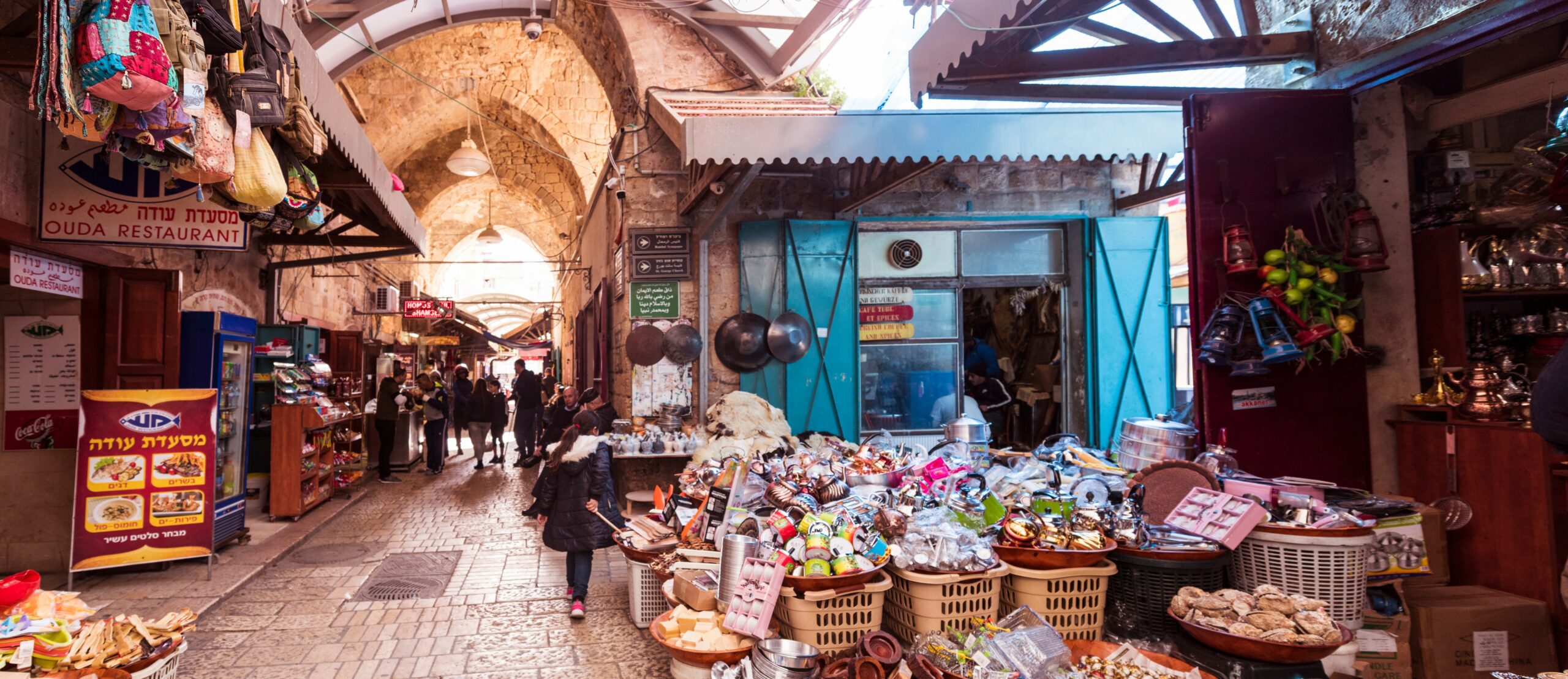
Traditional market in the Old City of Akko
Modern Akko is buzzing with culture and tourism, as well as vibrant religious life, joint Arab-Jewish coexistence projects, a surprisingly good soccer team, and the study and excavation of the numerous well-preserved historical sites from its long and storied past.
That makes Akko our final favorite Israeli city with an incredible history, Biblical roots, and bustling modern life!


Owned by JWG Ltd, maintains its offices and warehouse in Jerusalem, Israel. © 1999-2022 JWG Judaica and Dead Sea Cosmetics